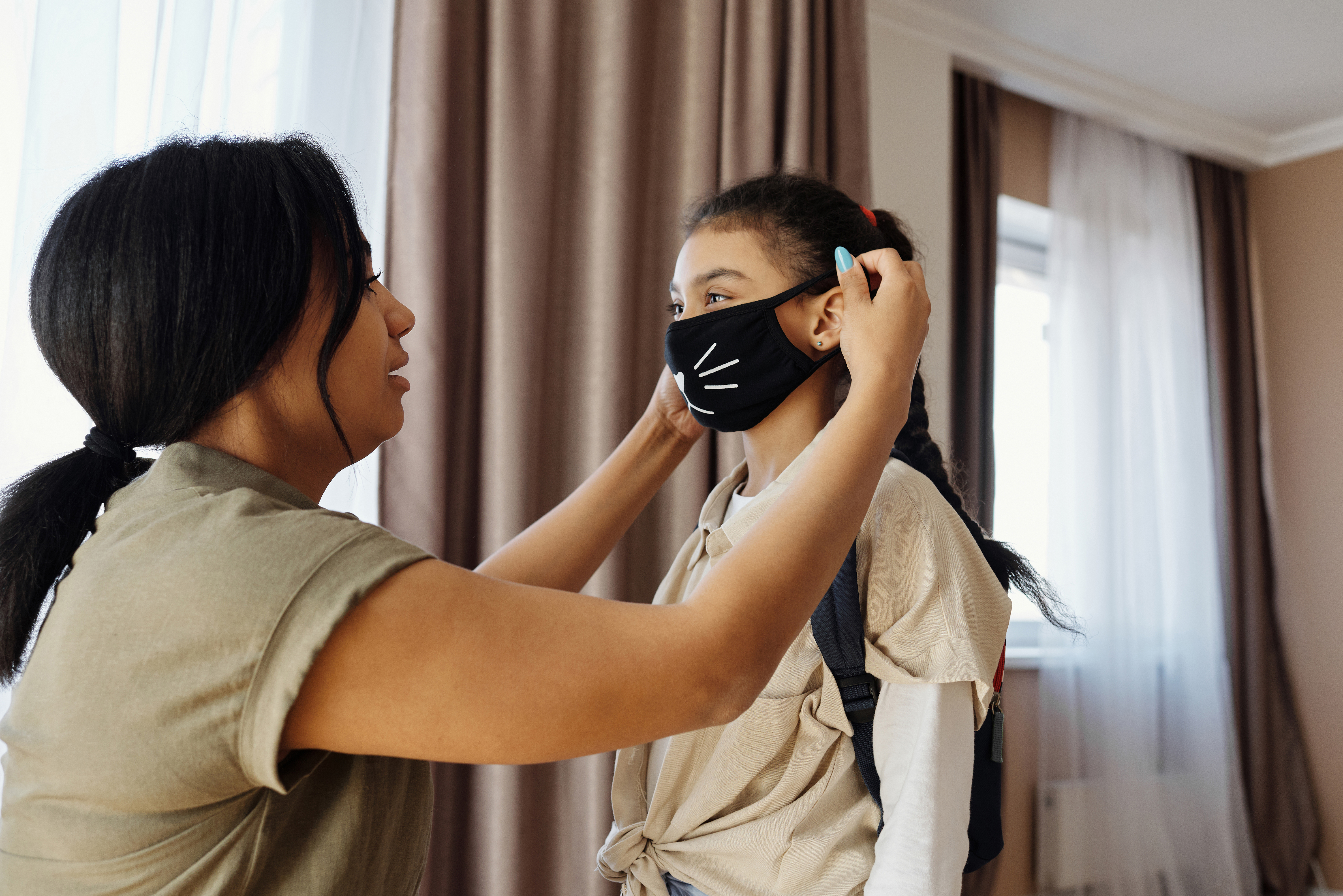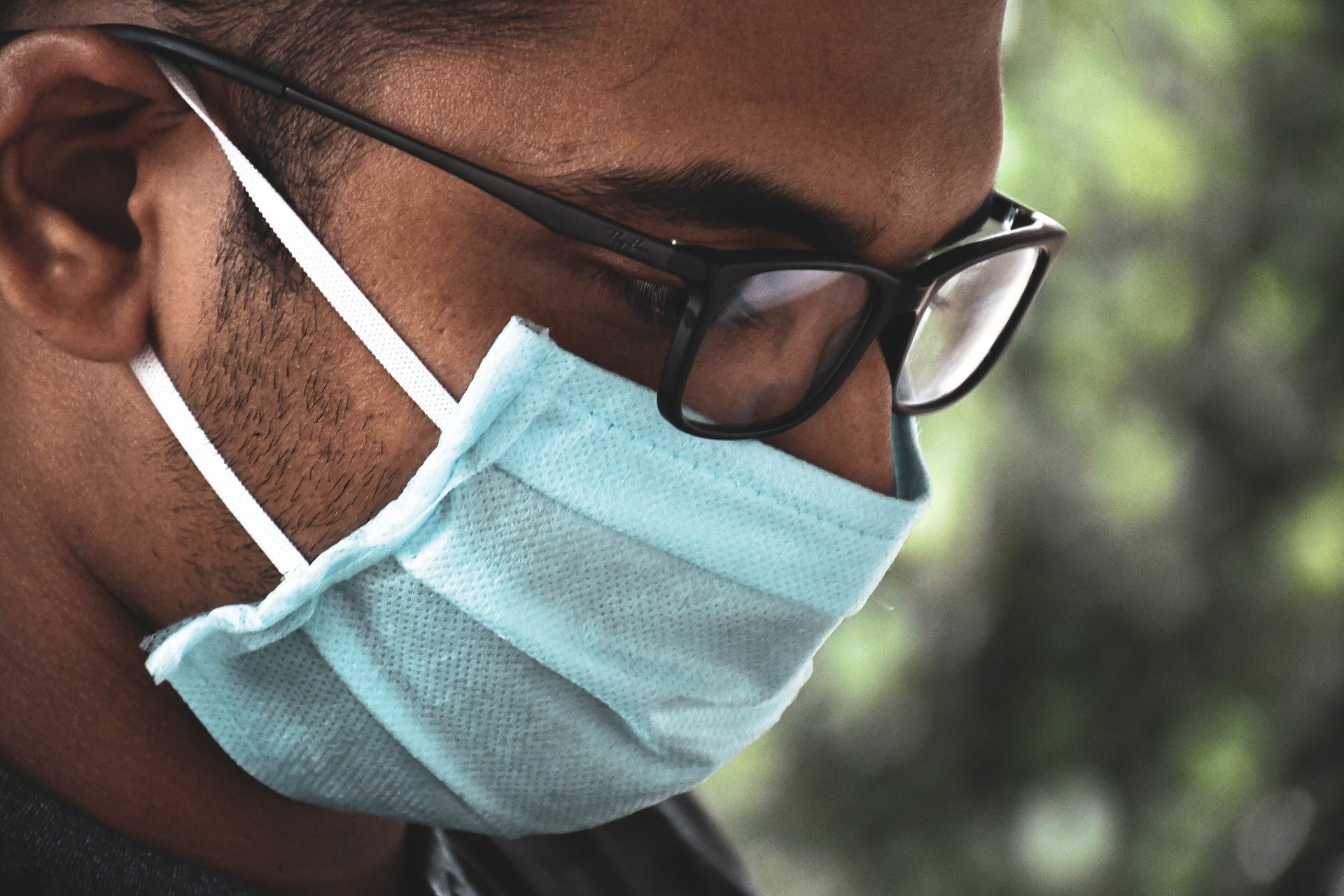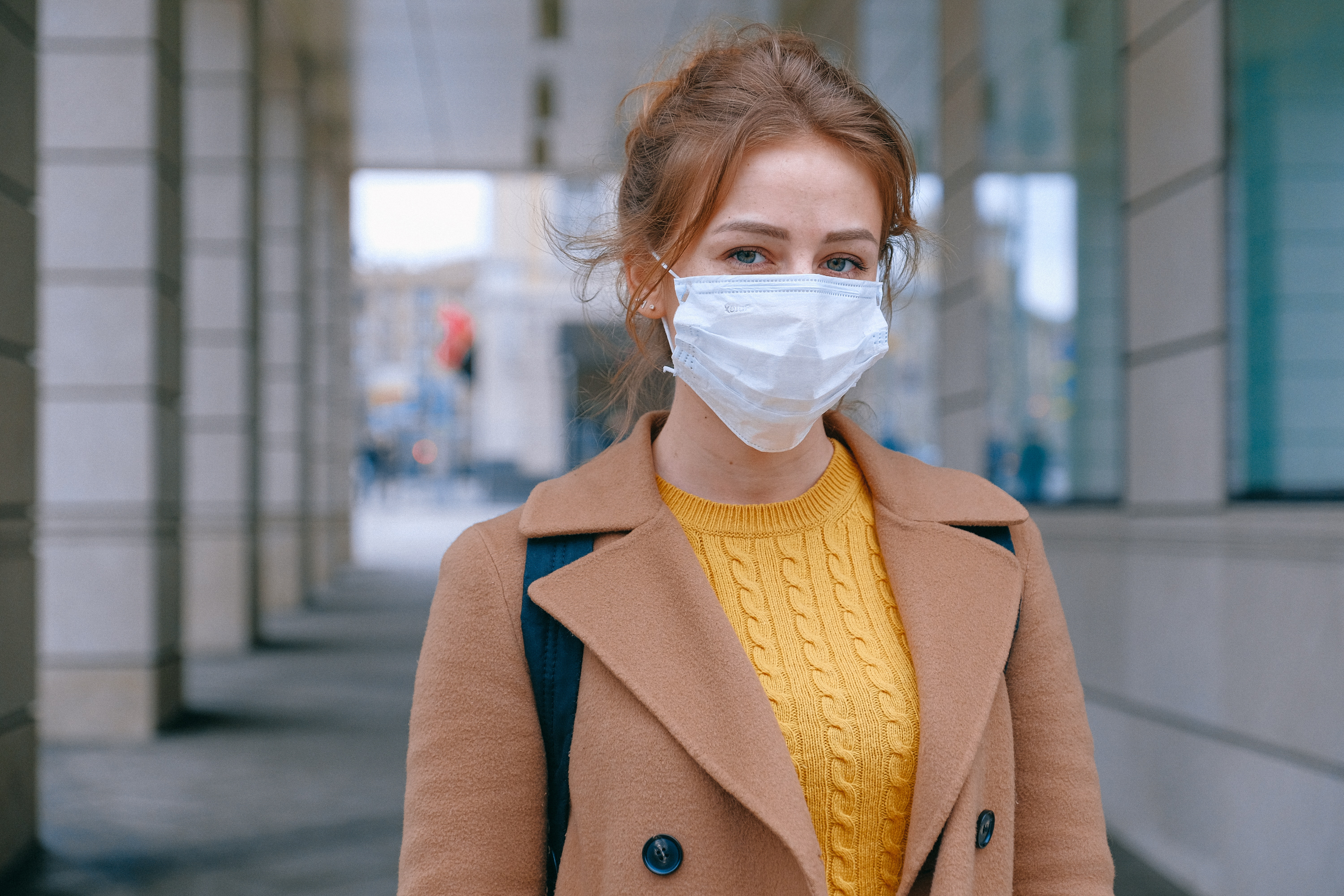The findings of a nationwide survey, assessing the effects of the pandemic on the emotional wellbeing of the U.S. adult population, were recently released online.
The survey was a collaboration between the UNC School of Medicine and Harvard Medical School.
Dr. Olafur Palsson is a clinical psychologist, health researcher and a professor in the UNC School of Medicine. Together with his counterparts at Harvard Medical School, Palsson has led a study investigating the emotional and mental impact of the COVID-19 pandemic in the U.S.
He said this pandemic was a unique opportunity to study a very universal stressor in society.
This study is part of an ongoing series of research to jointly understand psychological vulnerability factors to stressful events.
“It is clear that the same stressful life event does not affect everybody in the same way and there are some individuals that are going to suffer long term consequences and others are not,” Palsson said. “We believe there a certain psychological factors that will predict that.”
The study consisted of a nationwide internet survey of 1,500 people conducted during the second half of May, when the pandemic was just beyond its peak in the nation. At the time of this survey, unemployment had reached levels not seen since the Great Depression.
Palsson said one result that he found personally surprising was just how universal the emotional impact of this pandemic was on the general population.
“Typically this affects some segments of society and others are protected by it, but here we are all in this together,” Palsson said. “Almost every single person is emotionally affected in a measurable way by this.”
Because of this, Palsson said they created a special questionnaire called the Pandemic Emotional Impact Scale or PEIS. This questionnaire took a variety of pandemic-related effects into account – such as difficulty sleeping, worries about finances and boredom.
Palsson said data showed that the impact was significant. Seven of the 16 different areas of specific emotional impact were reported as having been experienced to a moderate or greater extent by more than half of the entire sample population.
Nearly 80 percent of respondents were frustrated on some level with not being able to do what they normally enjoy doing. Around the same percent were worried about their own health.
However, Palsson said findings showed the biggest stressor to be worry about the health and safety of loved ones. Nearly 90 percent of those surveyed were more worried about the health of loved ones than before the COVID-19 pandemic.
“You may say ‘Well who cares – does this mean anything that people are having these emotional effects,’” Palsson said. “Yes it certainly does because what we also see is that there is a strong, direct correlation between how much we have these emotional effects measured on that scale and clinical symptoms of depression and anxiety.”
Palsson said the universal emotional impact of this pandemic was not the only surprising finding. He said even though older people are known to be at a greater risk of serious illness or death if they become infected by COVID-19, it was the younger population that reported higher distress levels.
“What we found was that it was the younger people, people under 50 and especially those in the 18 to 34 age group, that seem to be the most affected overall emotionally by the pandemic.”
Outside of disparities in age groups when it came to levels of pandemic distress, there was little difference between women and men – nor did the level of someone’s education have an effect on their emotional distress.
Among the three major race or ethnic groups that were compared, Hispanics and Latinos had the highest average Pandemic Distress Index score – but, as opposed to the general population, it was the older Hispanics that showed higher levels of stress and worry.
Overall, this study is part of a long-term research project that hopes to better predict what personality factors lead to increased vulnerability to stressful situations. Additionally, so that healthcare workers can be better prepared to address these adverse psychological effects.
Palsson said the emotional and mental impact of the pandemic could have long-term implications on a person’s well-being. Because of this, not only is it important for the healthcare field to be prepared, but also for the general public to be understanding.
“I think everybody needs to treat people with more consideration and kindness than usual and understand that this is not a normal situation,” Palsson said. “People are under excess stress in general and a lot of the negative interactions that we see between people right now – people blowing up in grocery stores for example – this is not because people are bad or crazy. It is because they are under very abnormal circumstances psychologically.”
To learn more about the mental health impact of this pandemic, you can find the full study and it’s findings here.
Chapelboro.com does not charge subscription fees. You can support local journalism and our mission to serve the community. Contribute today – every single dollar matters.











